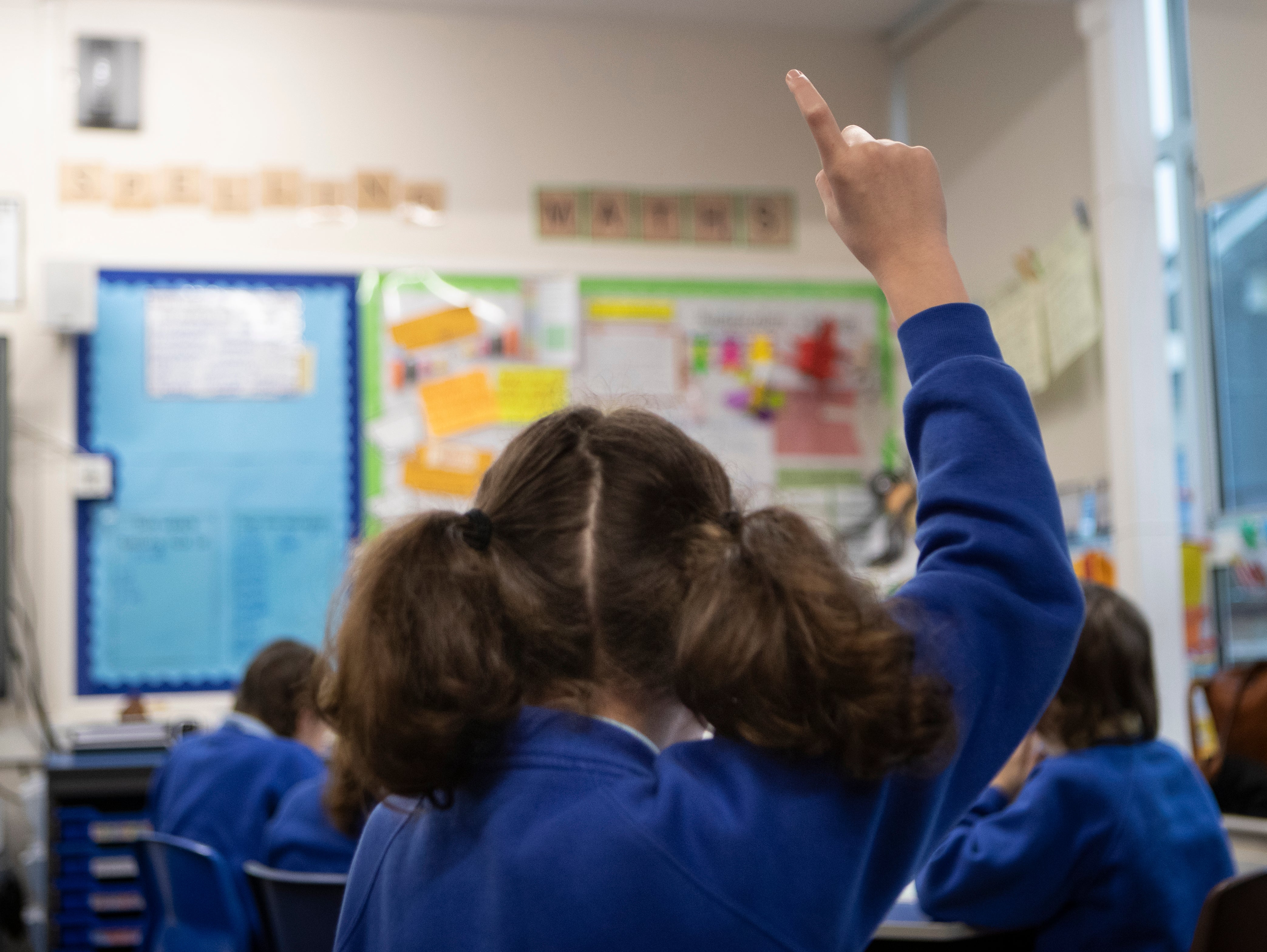
New analysis has revealed a sharp increase in the number of girls who are severely absent from school over the last six academic years.
Data from the Department of Education showed there has been a 257 per cent increase in the number of girls registered as having missed 50 per cent or more school sessions in an academic year since 2017.
In the 2017-2018 academic year, 23,936 girls were registered as severely absent in the academic year. By 2023-2024, this had risen to 85,549 girls, representing a 257 per cent increase.
Charity Agenda Alliance, which analysed the data, has now called for the Department of Education to launch a specific inquiry into the needs of girls missing from education, either through official or unofficial exclusions.

Indy Cross, CEO of Agenda Alliance said: "This rise in girls seriously absent from school is shocking, but unfortunately not surprising to us at Agenda Alliance.
“Girls have been telling us about the unique challenges they face for years, but access to the trauma-informed support they need to feel safe is patchy or non-existent. To make things worse, girls are too often punished for their distress, facing disciplinary action rather than care.
“It's therefore no wonder increasing numbers feel their only choice is to stay away from school. The government needs to act on these unacceptable stats by making sure there is a clear strategy in place, developed in collaboration with girls themselves and the specialist organisations which support them.”
Historically, lower numbers of girls have been persistently absent from school compared to boys.

However, the data showed this gap in severe absenteeism has narrowed significantly from 21 per cent to the same level as girls, with only 171 more cases in severe absenteeism for boys in 2023-2024.
Agenda Alliance said the historic gap in gendered absenteeism has led to limited research into the main reasons girls are absent from school and means support systems have largely been designed for boys, leaving gaps in provisions for the specific needs of girls.
It said its previous research has shown gendered impacts of poverty, abuse and trauma are likely to cause issues for girls at school.
The charity said: “These experiences can cause girls to self-exclude, feeling unable or unsafe to be in school and therefore not attending. Girls, especially Black and minoritised girls, also report inappropriate or overly punitive responses to their distress, such as suspensions or exclusion for ‘persistent disruptive behaviour’.”
A Department for Education spokesperson said: "The government inherited a broken system, with children and families facing poor outcomes and barriers to opportunity. The case for tackling the epidemic of school absence could not be clearer: improved grades, higher wages, better life chances.
“We are already making progress through our Plan for Change with over 3 million more days in school this year, but we know there is more to be done which is why we have expanded our attendance mentors, rolled out free breakfast clubs, improved mental health support and provided additional investment in family support.
“We are also committing to halving violence against women and girls through earlier intervention, including through reforming children’s social care and updating our new RSHE guidance which will help young people understand healthy relationships and recognise inappropriate behaviour.”







